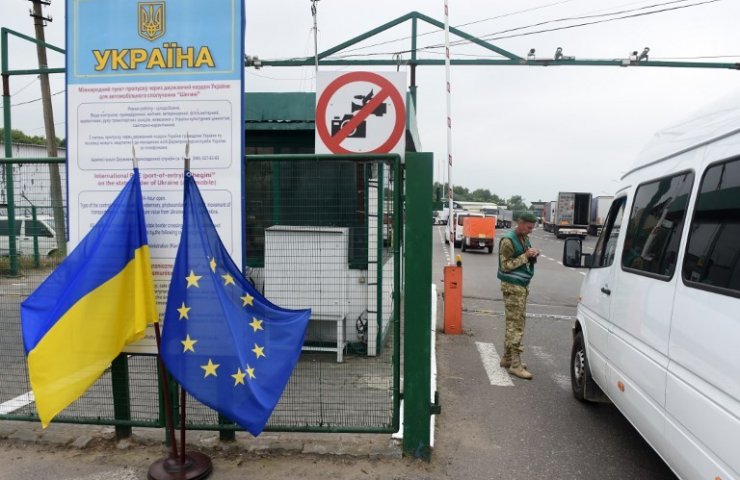As noted by the Vice Prime Minister for European and Euro-Atlantic Integration of Ukraine, Chair of the Interdepartmental Working Group on Integrated Border Management, Ivanna Klimpush-Tsintsadze, the adoption of the Strategy is another step towards making the Ukrainian borders transparent for all services, comfortable and convenient for everyone who crosses them or moves goods, and, of course, safe. We are talking about full interaction between customs, border guards, the Armed Forces, regional and local authorities, etc. Now the integrated border management sector covers the competence of ten ministries and a number of other CRCs, each of which has a separate responsibility in the context of state policy in this area.
The strategy is designed to effectively implement the principles of integrated border management, proclaimed by the Association Agreement between Ukraine and the European Union. “Work in this direction is one of Ukraine's obligations within the framework of Ukraine's deep sectoral integration with the European Union, namely in the sector of justice, freedom and security,” the Vice Prime Minister emphasized.
The next important step, according to her, should be the approval of the Action Plan for the implementation of the Strategy. The draft plan has already been created.
Ivanna Klimpush-Tsintsadze also explained that when developing the Strategy, the best European practices were taken into account (in particular, the experience of the Republic of Finland, the Federal Republic of Germany, the Republic of Poland and the Republic of Lithuania was studied) and modern approaches in the field of integrated border management. In addition, the task of improving the mechanism for coordinating the implementation of state policy in the field of integrated border management is determined by the Decree of the President of Ukraine dated March 17, 2018 No. 72/2018 "On the decision of the National Security and Defense Council of Ukraine dated March 1, 2018" On urgent measures to neutralize threats to national security in the field of migration policy ".
These aspects require clear coordination aimed at achieving the common European goal of integrated border management - effective management of border crossing and migration processes, response to potential threats, countering cross-border crime, ensuring a high level of internal security, while adhering to the fundamental rights and freedoms of citizens.
Ivanna Klimpush-Tsintsadze thanked for the assistance that various EU institutions have provided during the work of the Interdepartmental Working Group. In particular, representatives of such leading profile organizations of the EU as the EU Delegation to Ukraine, the EU Advisory Mission to Ukraine (EMC) and the European Border and Coast Guard Agency (FRONTEX) were included in the Interdepartmental Working Group.





